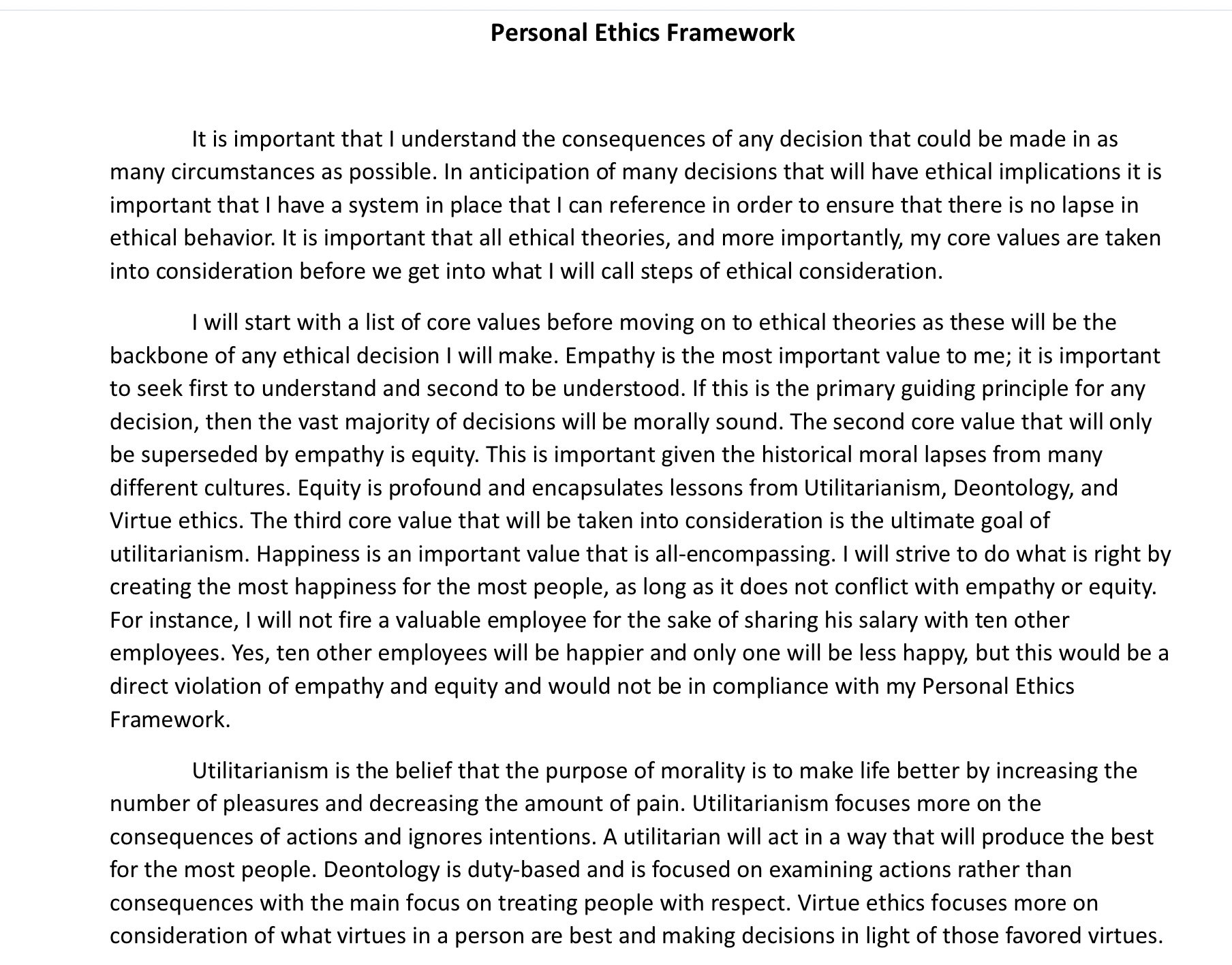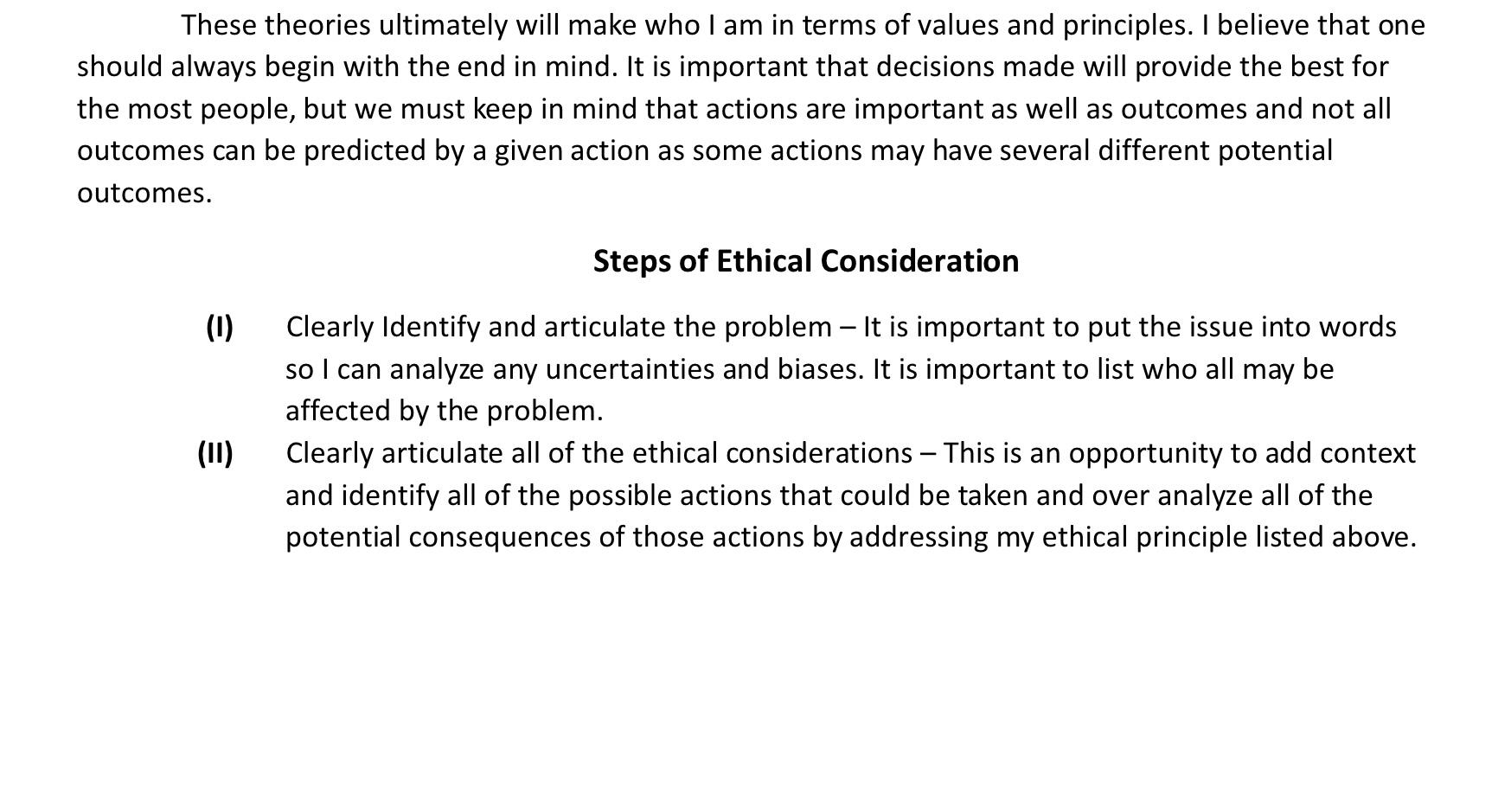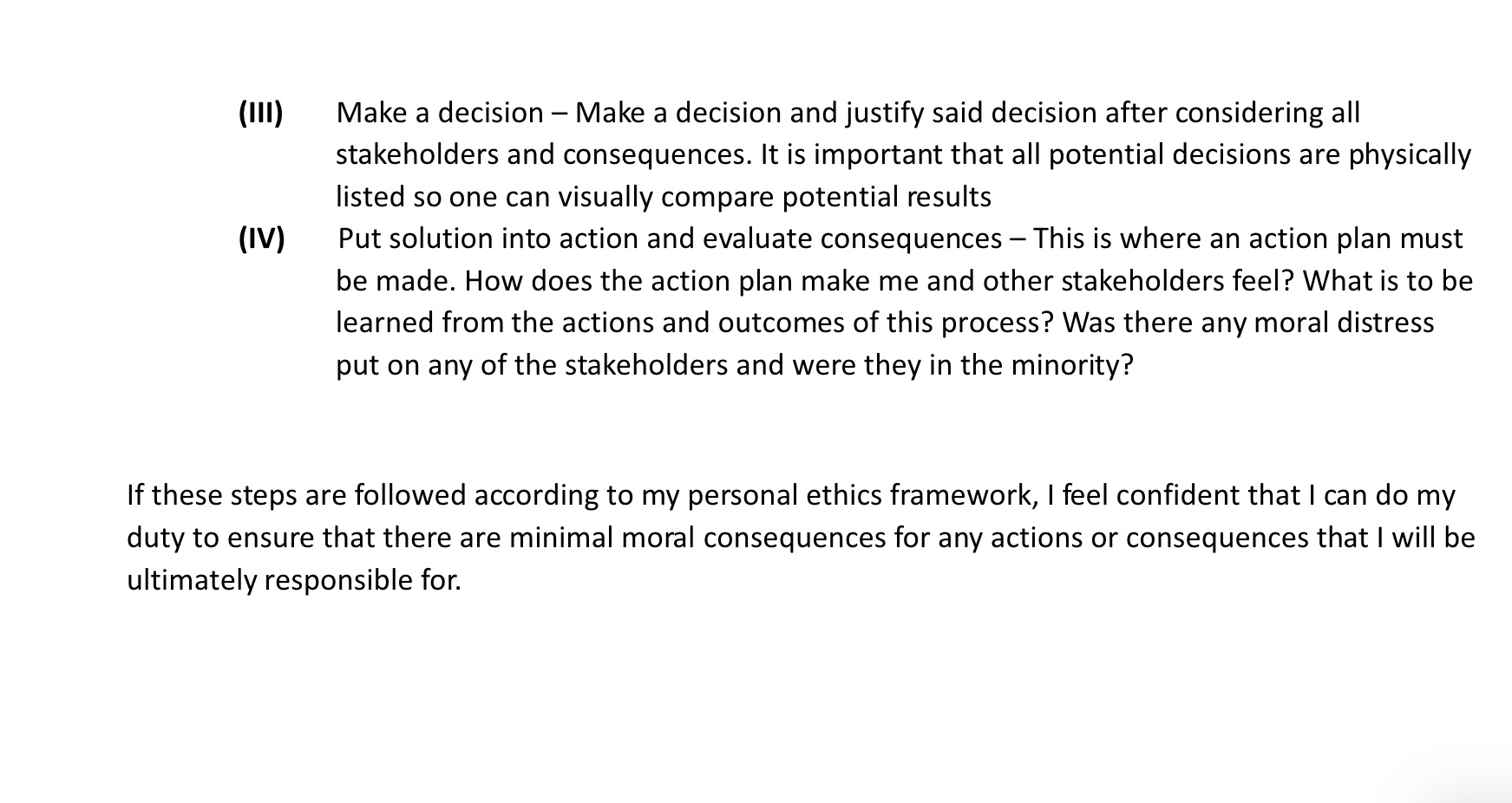Question
Business Ethics Case Question: You work for Gentro Inc., a company who specializes in renovating dilapidated, low-income housing for conversion into community living complexes in



Business Ethics Case Question:
You work for Gentro Inc., a company who specializes in renovating dilapidated, low-income housing for conversion into community living complexes in urban centers designed for upper-middle class urban professionals. The company is headquartered in Chicago, IL. Your target market is young, urban working professionals, the kind of people on the rise who are looking to be in the middle of economic centers. The company was founded in 2009 following the sub-prime mortgage crisis and has had year over year growth and success. The company regularly ends the fiscal year between a 80%-120% profit margin, which has been used to reinvest in and grow the company in scope and influence.
You've been with the company since 2013 and are now one of five lead site developers. Your job is to find potential development sites and work with local government to launch building projects. You have your eye on a couple of vacant properties in the West Central neighborhood of Spokane, WA.
While the neighborhood initially doesn't look to be in great shape there are a lot of things going for it. Nestled along the bank of the Spokane River, the West Central neighborhood is one of the oldest neighborhoods in Washington state. It's less than one mile from downtown, has easy access to public transportation, as well walking access to the thriving social scene in the adjacent Kendall Yards neighborhood. For decades, West Central has been seen as a problem by many people in the city. The properties are in disrepair and there is a higher-than-average crime rate compared to the rest of the city, specifically property crime such as theft and vandalism.
On paper everything looks good, just like the last several successful projects you've done. You visited the site a couple of times and no red flags catch your attention. You push forward with the expectation of another win for Gentro Inc.
After signing a contract with the city and accepting a loan from your investors you go back and visit the site before breaking ground. The project site is comprised of a few lots of now vacant homes or apartment complexes. When canvasing the property you are met by protesters; people who are picketing against your company and your plans to develop the area. Surprised by this, you walk up to one of them and ask what's going on. They tell you they don't want their neighborhood renovated. The influx of development will raise rent rates, home prices and property taxes along with them. The people who live there mostly work low paying jobs, often more than one. Most people in the neighborhood don't have cars and either walk or depend on the public transportation to get to and from their retail and service jobs in the city.
The houses are populated by multi-generational family units; parents, kids, and grandparents often living together. They do not have disposable income to participate in the growing economic developments in Kendall Yards and have been concerned for some time it would spill over into their neighborhood.
The protester tells you she knows their neighborhood isn't perfect, but they want community-based solutions to fixing their problems that won't disenfranchise the people living there. She fears they will all be driven out within a year or two of your project being completed. To top it off, she tells you the lots you're buying, and the water rights to the river that come along with them, will cut off a lot of the public access people in West Central have to the river as the shoreline becomes privatized.
You're alarmed to hear all of this. You thank her for her time and return to your work. Later in the day you raise these concerns with the local city officials who have greenlighted and supported your project. They dismiss the concerns of the protesters. They say these people just want the city to remain in the past. They highlight all the reasons initially attracting you to the project. The quality housing it will bring for middle-income families and working professionals, the economic development that will follow, employment, growth, etc. They assure this will be a good thing for the city and the region moving forward.
At the end of the day you return to your hotel conflicted about the two sides of this issue. You are no longer as convinced as you once were this project will be good for the citizens of Spokane. You are concerned the brunt of externalities will be borne by those already disenfranchised. You don't want this to become the legacy of the company you work for and love.
Using your personal ethics framework, decide what recommendation you are going to provide to your boss about what Gentro Inc. should do. Make sure your explanation clearly demonstrates the application of your values system. Include what you are likely to do if you are unable to convince your company to follow your recommendations.
ETHICAL FRAMEWORK:::



Step by Step Solution
There are 3 Steps involved in it
Step: 1

Get Instant Access to Expert-Tailored Solutions
See step-by-step solutions with expert insights and AI powered tools for academic success
Step: 2

Step: 3

Ace Your Homework with AI
Get the answers you need in no time with our AI-driven, step-by-step assistance
Get Started


